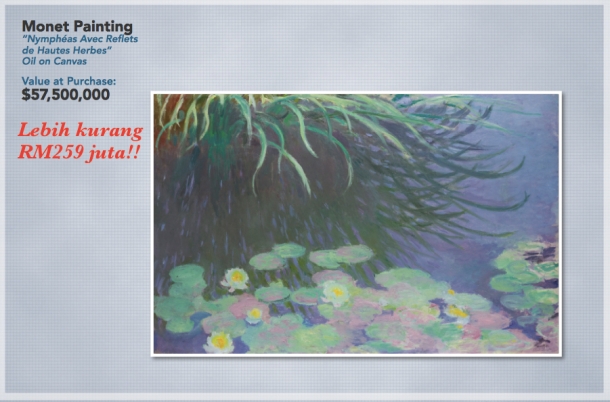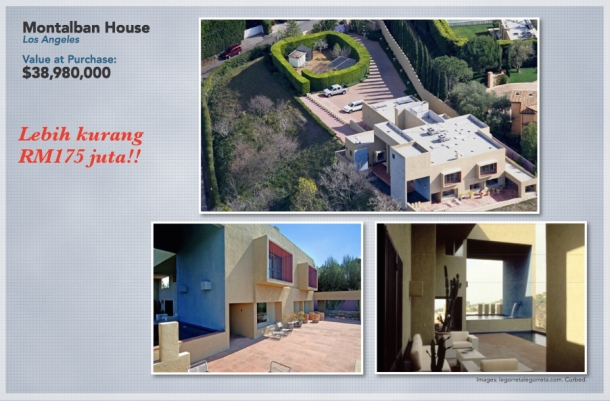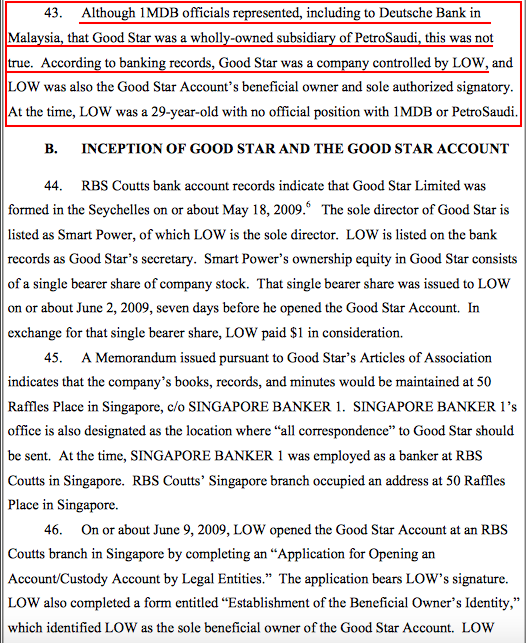(ref: Charles Peters)
KUALA LUMPUR, March 6 — Maria Chin Abdullah, born Mary Chin Cheen Lian, laughs off a question on whether she felt like Katniss Everdeen, the heroine in The Hunger Games, when she led the massive Bersih 4 rally last August.
Chin, who turns 60 this year, credits instead the strength of the Bersih 2.0 committee in the election watchdog’s fight for electoral reform and good governance.
She is very clear that change or the effort to “save Malaysia” is not the work of one person alone.
Here, Chin, who has three sons aged 19, 21 and 22 in college, talks about what drove her to women’s rights issues and how she keeps going after her husband, an activist named Yunus Ali, died of kidney failure in 2010.
In her own words:
● I handled about three cases of young women who tried to commit suicide. Two were sexually abused by the father and they couldn’t tell the mother. At different times, they took pills and all that. The other one was about the father having two wives, and she was not getting the attention of the parents, so she slashed herself. Counselling them was quite traumatic for me. They were very young, one was 15 years old, one was 16, the other was reaching 19 and doing her A Levels. I think these are the stories that touched me a lot, that made me realise our laws don’t protect them, our education also doesn’t educate them and our social system doesn’t support women like that.
● Even when I was involved in women’s rights organisations, the support has always been there. Yunus was very supportive, even though we had young kids. We tried to manage, and he sacrificed quite a lot. He was also passionate about politics in Malaysia, but he didn’t get involved. He gave me that space for my involvement … without that, it would have been hard. At least I felt that there was some kind of parental guidance at home and he cooked for them, he took them to school, and still did his part-time work, that was something I really appreciated.
● I met him in London, as a friend. That time, he was in exile — 1974, the student suppression. Some of them ran away, some went underground. He and Hisham ran away. And they were in exile for a few years. Then Yunus joined the PLO, the Palestine Liberation Organisation. He fought in the Palestine war. After that, he went to London, and then came back. He was arrested under ISA in 1987 — Ops Lalang.
● By the time Bersih came along, my kids were big enough to take care of themselves. Of course, it’s a little bit hard because they were still in secondary school. But I guess I made it a point that I discussed with them every step … whether I join this demonstration, or the Bersih 3 demonstration and all that, I discussed it with them. And they have been with me at all the demonstrations … it has become like a family must-do.
● When my parents were in London, my babysitter gave me the name Mary. My parents were not Christians. For some reason, they put it in my birth certificate.
● Nobody calls me by my Chinese name. My old friends call me Mary. My parents called me Mary … when I converted, I chose the name Maria.
● Islam is something I believe in. And it has given me strength. But of course, there are also my beliefs as a feminist and as a human rights activist, so they are not incompatible.
● It doesn’t mean I don’t despair; I do because after organising so much for such a long time, we are still in this situation where you don’t seem to see policy change and corruption is still rampant in our country. But I guess that each time when we have a big rally, or each time when people come up to you and say, “Job well done”... it gives you that encouragement to move. And you know that you’re on the right track.
● There has to be some hope lah, otherwise, how?
● If you’re not aware, you will not know what you want to change.



















































